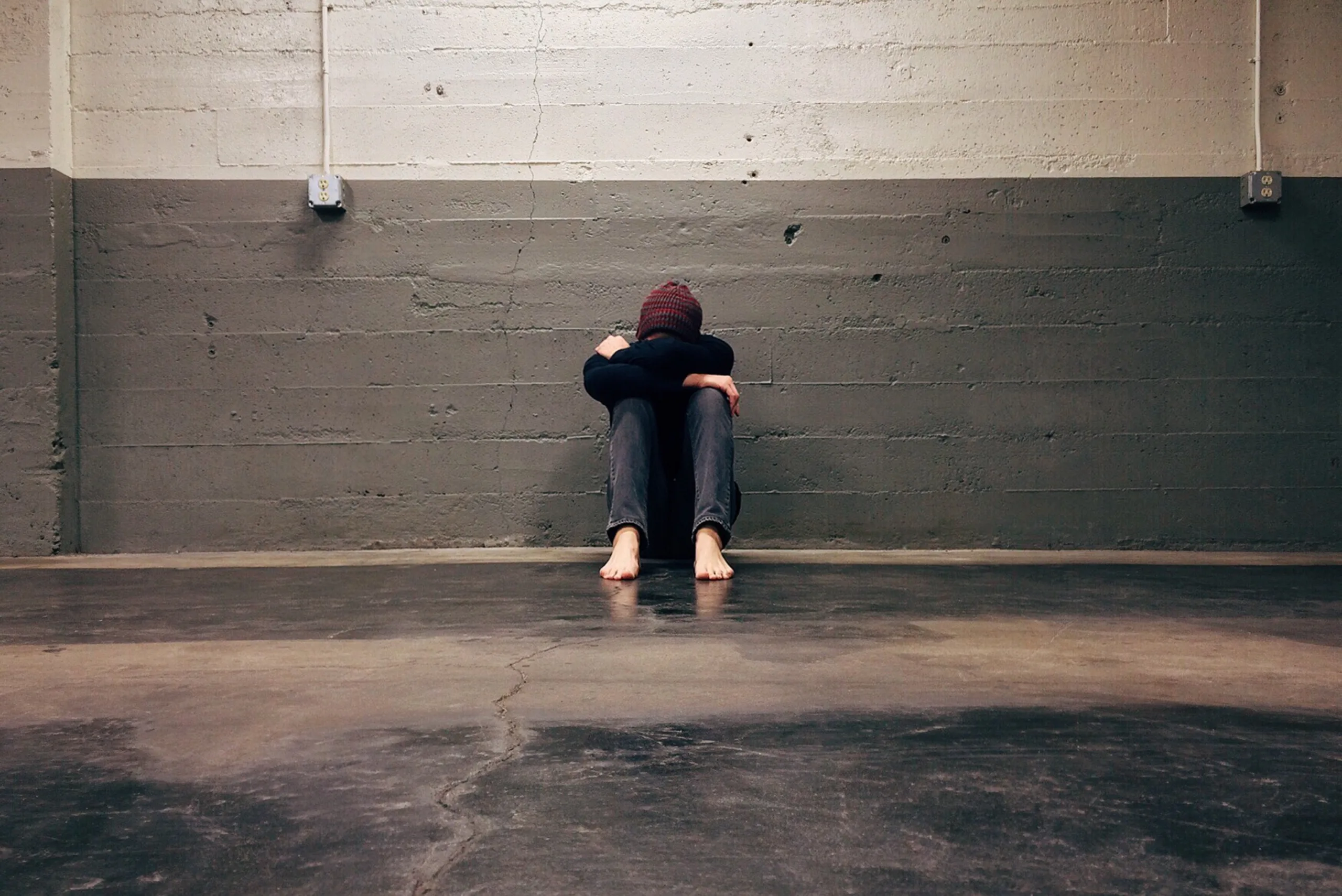It is normal to feel fearful or anxious in certain situations. Fear and anxiety can be caused by a variety of factors, such as certain life events, medical conditions, or even genetics. Fear and anxiety can be debilitating if not managed properly. Fortunately, there are many tips that can help manage fear and anxiety.

The first tip to manage fear and anxiety is to identify the source. It is important to identify what is causing the fear or anxiety in order to find an effective solution. Once the source is identified, it is important to understand the root cause of the fear or anxiety. For example, if the fear or anxiety is caused by a traumatic event, it is important to address the underlying trauma in order to effectively manage the fear or anxiety.
The second tip to manage fear and anxiety is to engage in relaxation techniques. Relaxation techniques, such as deep breathing, progressive muscle relaxation, and guided imagery can help reduce stress and anxiety. It is important to find a relaxation technique that works for you and practice it regularly.
The third tip to manage fear and anxiety is to engage in physical activity. Exercise is known to reduce stress and anxiety. It is important to find an activity that you enjoy and do it regularly. This can be anything from going for a walk to playing a sport.
The fourth tip to manage fear and anxiety is to talk about it. Talking about your fears and anxieties can help to reduce them. It can be helpful to talk to a trusted friend or family member, or to a mental health professional. Talking about your fears and anxieties can also help to identify triggers, which can then be avoided or managed more effectively.
The fifth tip to manage fear and anxiety is to challenge negative thoughts. Negative thoughts can contribute to fear and anxiety. It is important to identify negative thoughts and challenge them with positive ones. This can help to reduce fear and anxiety by replacing negative thoughts with more positive ones.
The sixth tip to manage fear and anxiety is to practice mindfulness. Mindfulness is the practice of being aware of your thoughts and feelings in the present moment without judgment. Practicing mindfulness can help to reduce fear and anxiety by allowing you to observe your thoughts and feelings without getting caught up in them.
The seventh tip to manage fear and anxiety is to practice self-care. Self-care is the practice of taking care of your physical, mental, and emotional wellbeing. Self-care can take many forms, such as getting enough sleep, eating healthy, and engaging in activities that bring you joy. Practicing self-care can help to reduce fear and anxiety by providing a sense of safety and security.
Fear and anxiety can be overwhelming, but with the right strategies and support, they can be managed effectively. Identifying the source of fear and anxiety, engaging in relaxation techniques, engaging in physical activity, talking about it, challenging negative thoughts, practicing mindfulness, and practicing self-care are all effective strategies for managing fear and anxiety.




